The historic Bialystoker Synagogue, on Manhattan’s Lower East Side, looked set to launch a new era this past June: For the first time, the Orthodox congregation was prepared to allow a woman to run for a position its board.I was reminded of a really interesting cultural artifact, a Haggadah published and distributed by the Yeshiva Chaim Berlin at least twice (1945 and 1958) but probably every year during that period, which you can see here and here. In each edition, the last pages included a list of the members of the board of directors. Here they are:
But the synagogue members’ vote to do so has been overturned by the congregation’s rabbi, reportedly upon the intervention of Rabbi Dovid Feinstein, son of the famed late rabbinic authority, Moshe Feinstein. The father, in his day one of the most revered Torah legal authorities in ultra-Orthodox Judaism, was a longtime resident of the storied neighborhood in which Jewish immigrants once teemed, and in which his family retains deep roots and continuing influence.
The communal spat, which took place this past spring, pitted the congregation’s Modern Orthodox contingent against its more traditional elements, laying bare an ideological schism at the 145-year-old synagogue.
“This was definitely a win, sort of, for the more yeshivish,” one synagogue member said, using a term that refers to the non-Hasidic ultra-Orthodox. That synagogue member asked that his name not be used, citing the small size of the community. “I think the rabbi was concerned with that element leaving,” he said.
The congregation’s rabbi, Zvi David Romm, a graduate of the Yeshiva University’s Modern Orthodox rabbinical seminary, did not respond to repeated requests for comment.
1945:
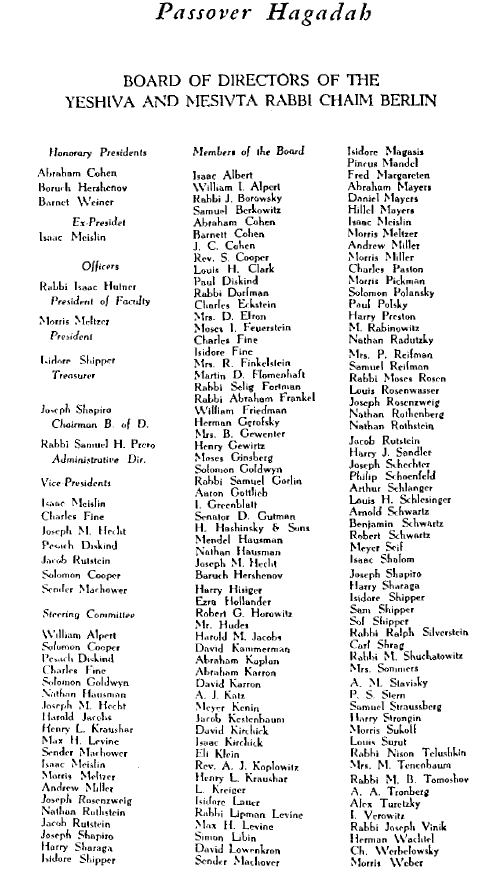
1958:
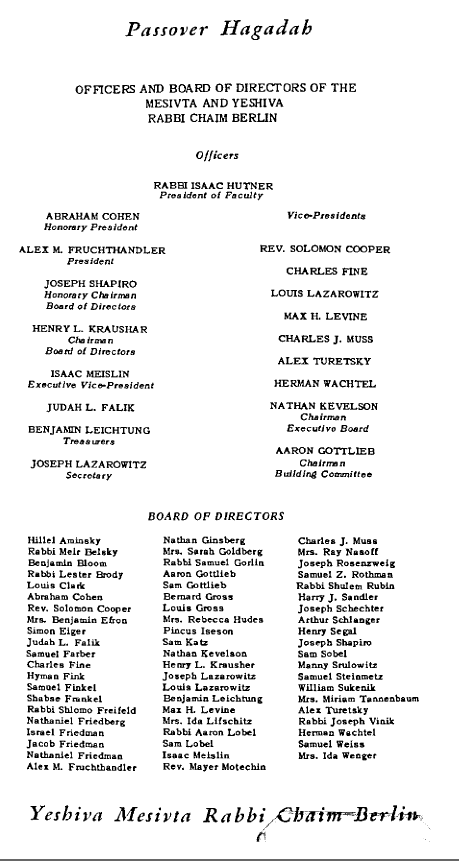
While acknowledging that the precise nature of this board is unclear, as you can see there are several women on the board of directors.
Here is the cover:
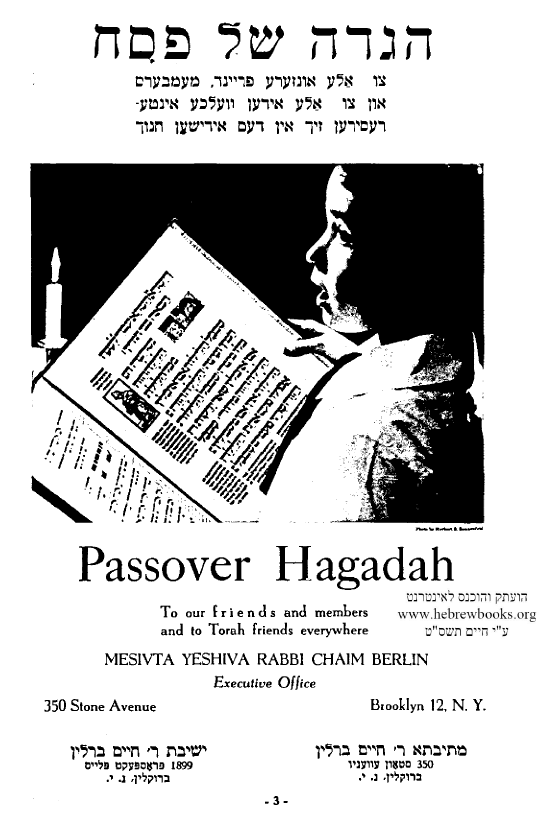
Some interesting excerpts:
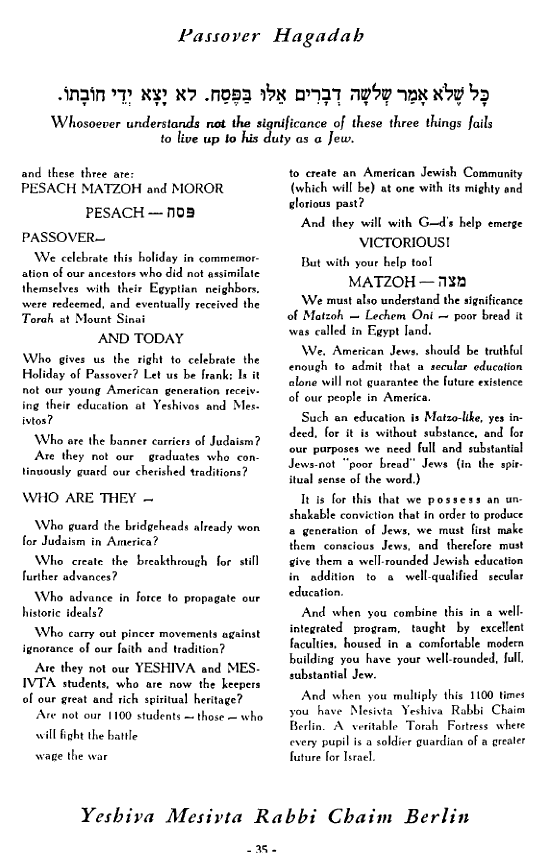
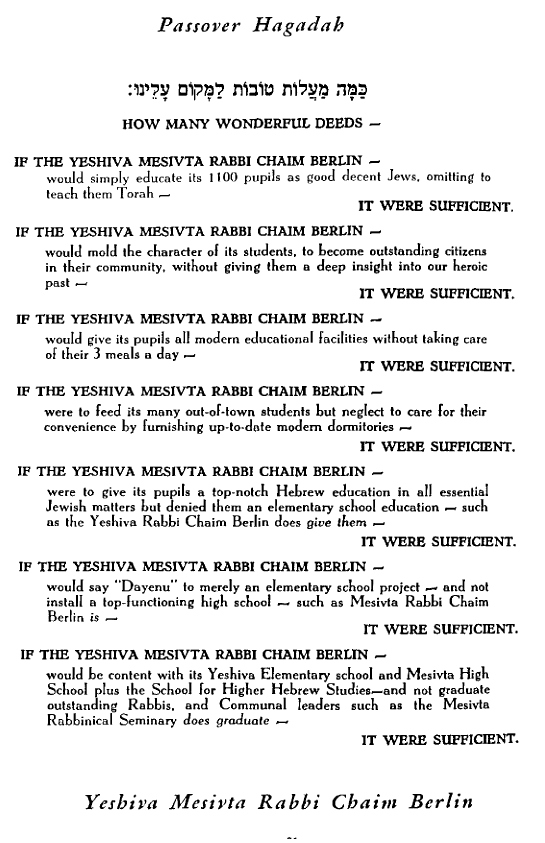
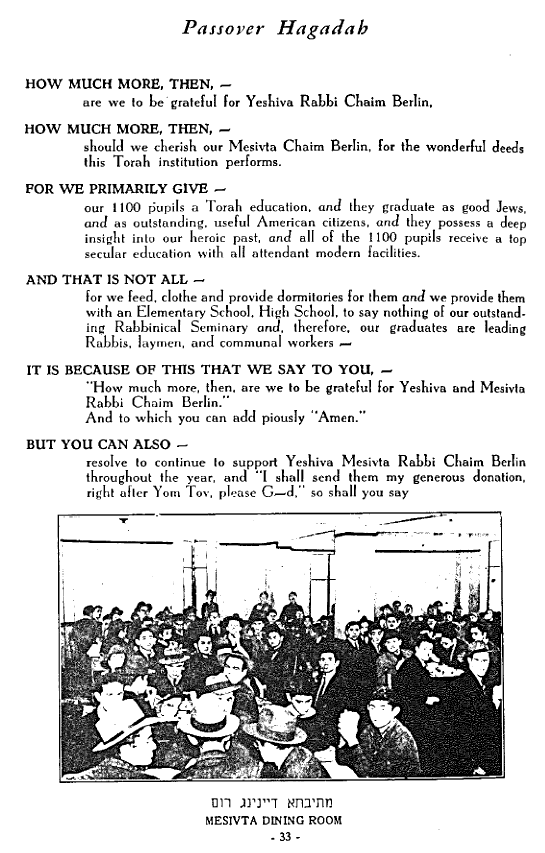
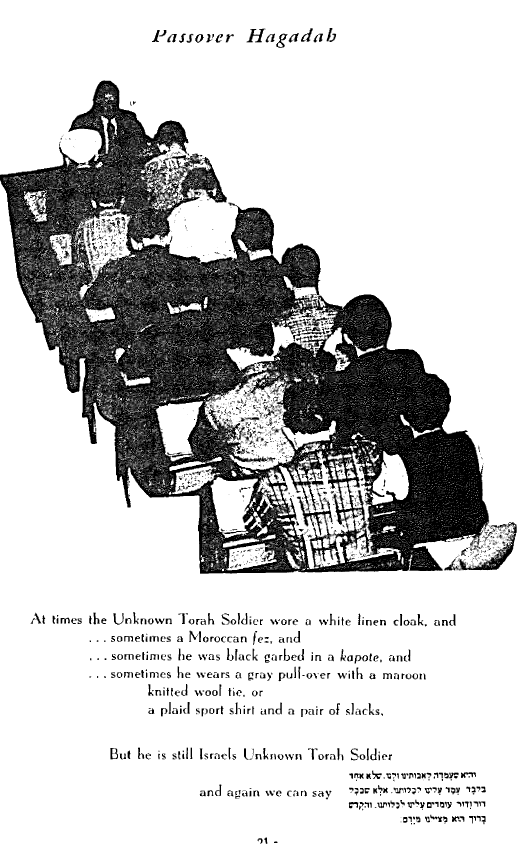
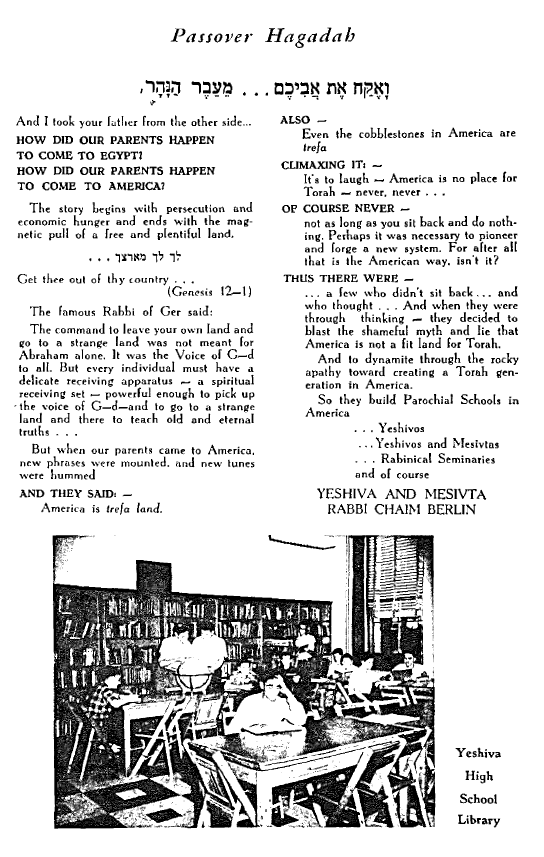
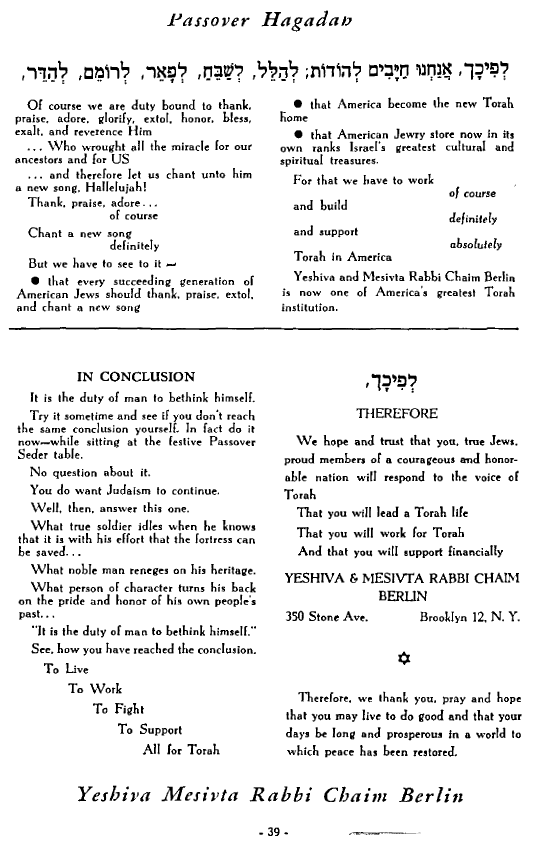





no agenda here... ;)
ReplyDeleteWhy do they feel necessary to say "fails to live up to his duty as a Jew" instead of "does not fulfill his obligation"
Hmmmm, many non-black hats in the dining room, students wearing plaid shirts - how did they allow usch kefira?
ReplyDeleteToo bad they didn't include this artifact in that fancy commemorative coffee table book they put out a few years back!
ReplyDeleteA companion story to the Bialystoker incident is the sikhsukh in Syracuse over the local Young Israel's election of a woman president: http://www.thejewishweek.com/news/new_york/young_israel_movement_turmoil_over_upstate_shul. In my unlearned opinion, any halakhic concern about women wielding "serarah" as a shul president or board member is misplaced. What kind of "power" can a person in such a position actually throw around? And does it count for nothing that the office is an elected one, with the consent of the congregation?
ReplyDeleteAs for "Mrs." as a first name, at least the ladies on the Chaim Berlin board were not billed as "Mrs. Isadore Schwartz," under their husband's name, as used to be the practice in my mother's Sisterhood.
Daz, they included a list of Women Groups in the coffee table book, but you're right, I don't recall seeing lists of boardmembers with women included. My great grandmother G. Graber, I discovered, was the co-chairwomen of the dormitory; whatever that means.
ReplyDeleteDid anybody notice that Rabbi Shlomo Frifeld was listed as a memeber of the board, along with seven ladies in the second list
ReplyDelete